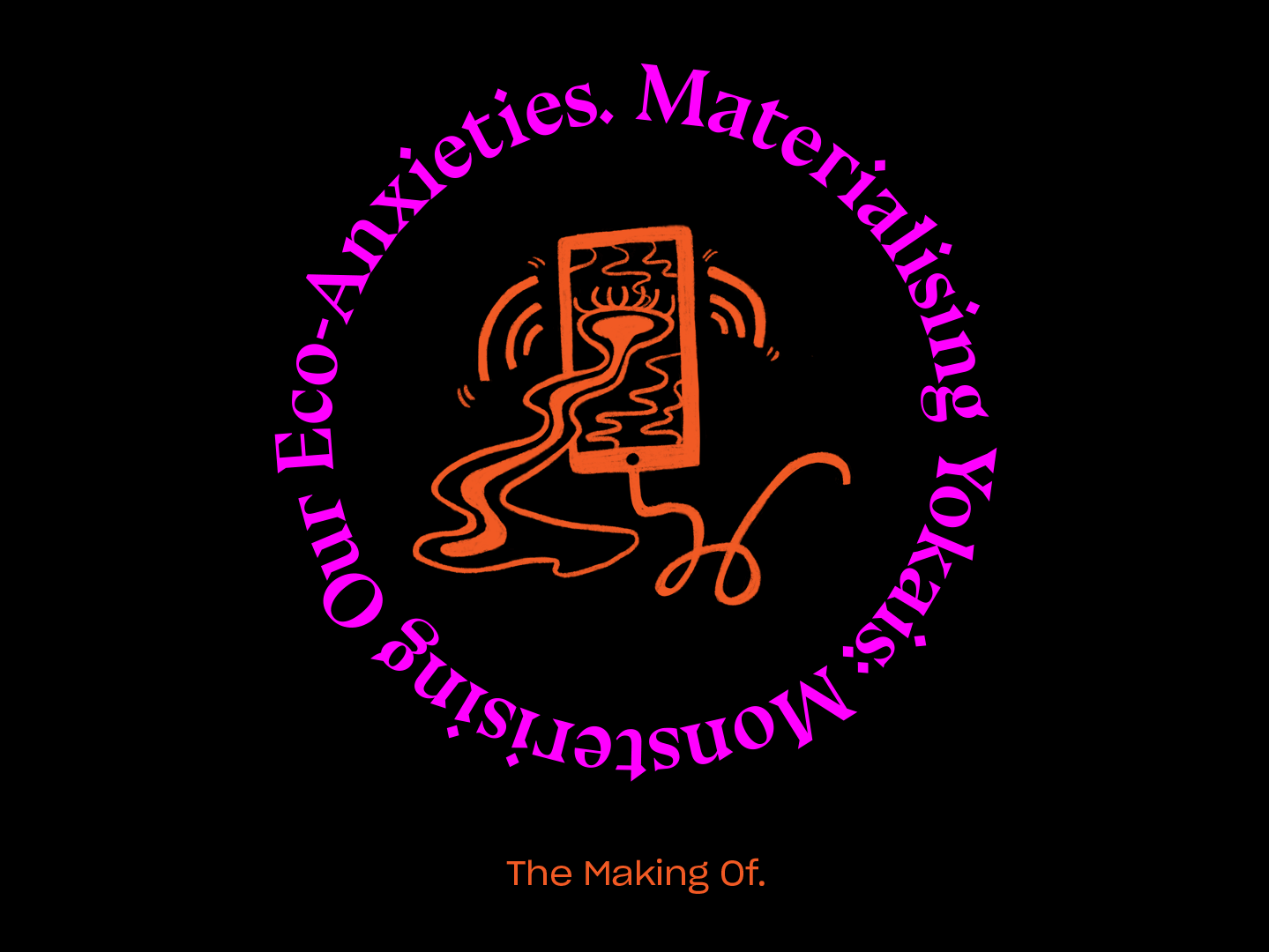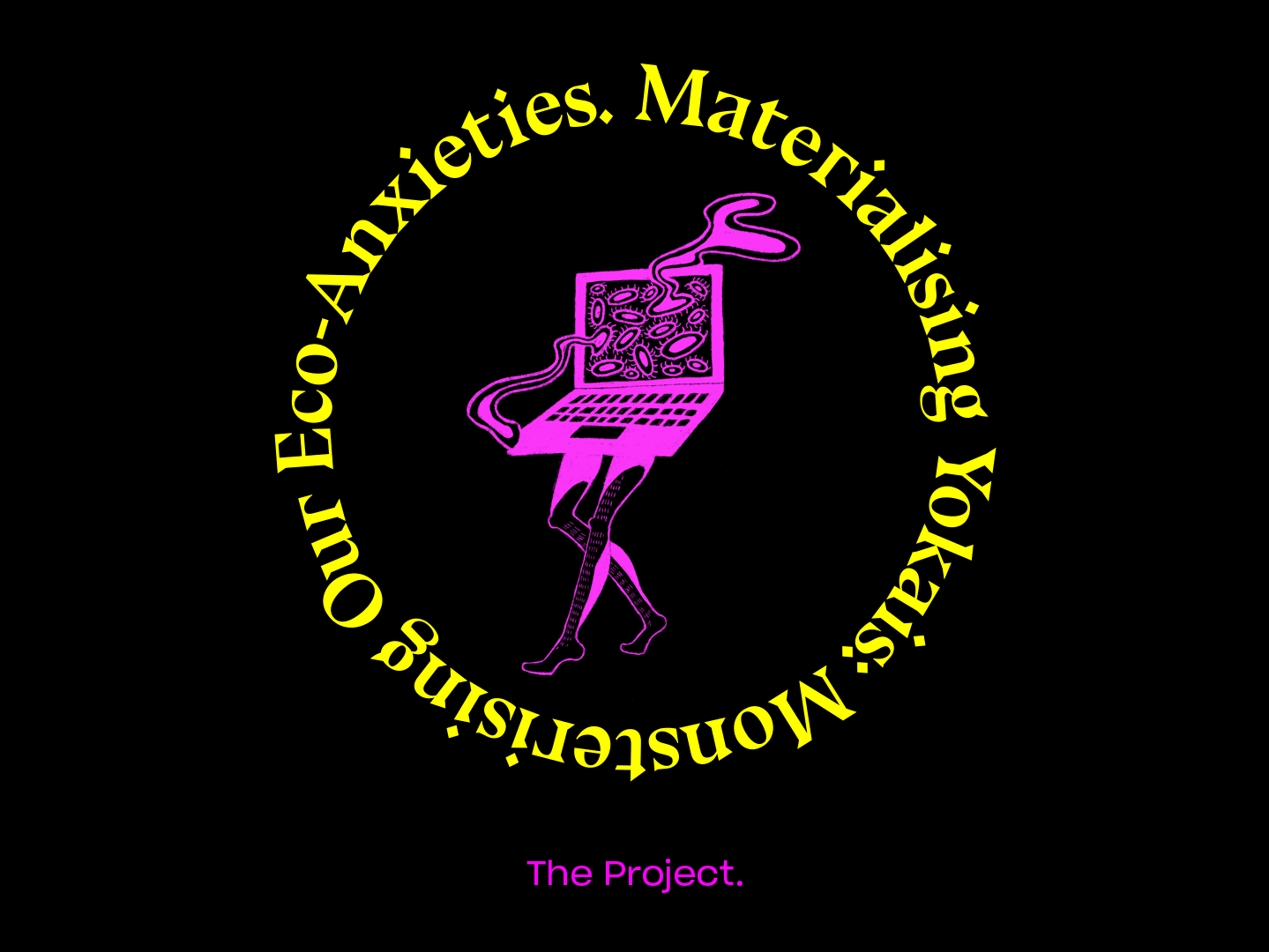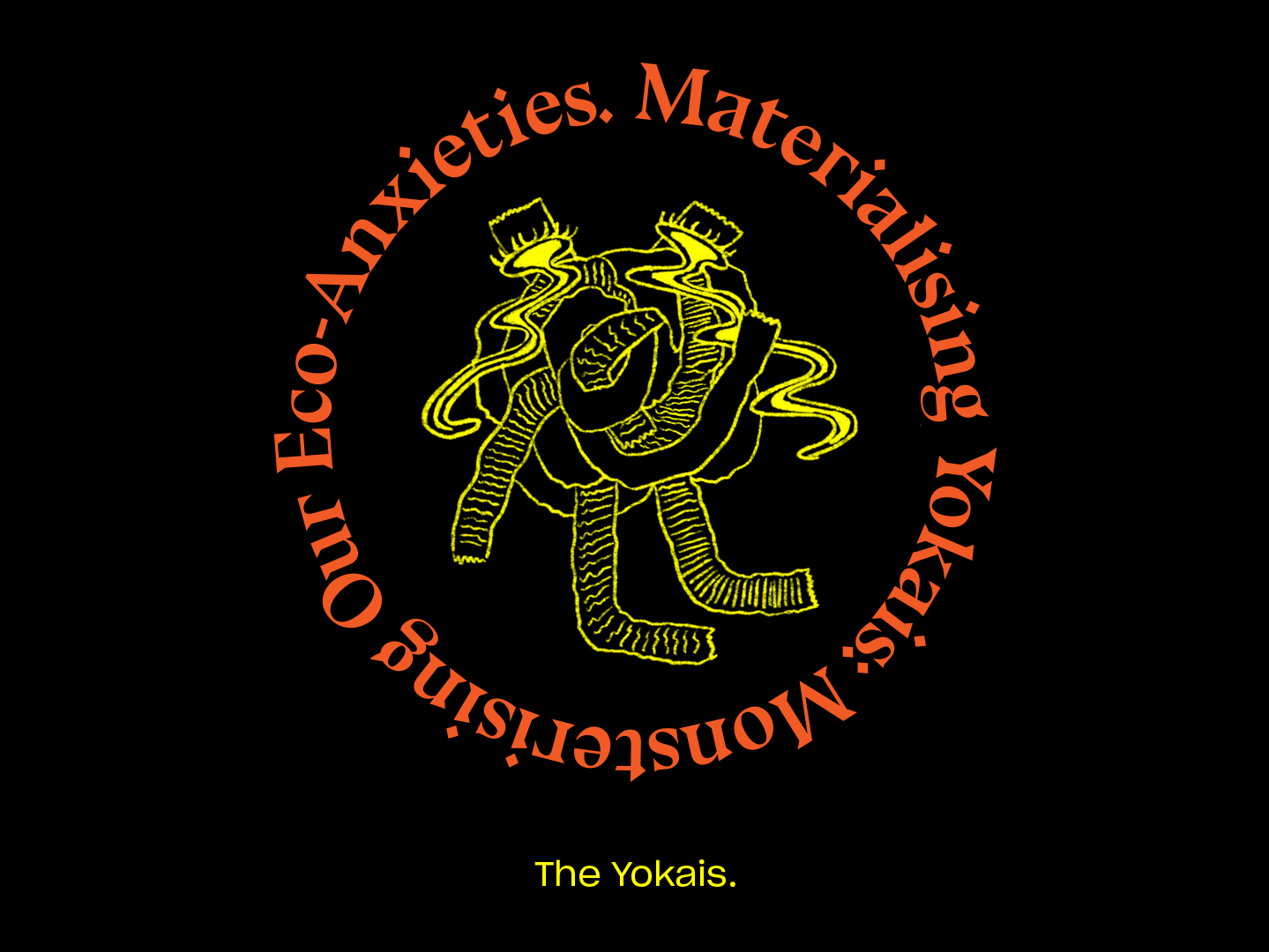Introduction
It is undeniable that discourse around the future of the environment today remains largely western and one-dimensional in its perspective. Built upon centuries of colonial, empirical and globalisation worldviews and practices, this paradigm of thinking has led to a reductive, resource-based and limited understanding of the world around us. As humans living in the age of the Anthropocene who face increasing environmental catastrophes and destructive entanglements in our ecology (which are arguably a result of said western paradigms and anthropocentric thinking) it is imperative that we challenge and decolonise this hegemonic perspective and expand the conversation beyond human-centric worldviews.
A powerful framework to begin to investigate this complex issue is the emerging discipline of decolonisation, and in particular, methods such as storytelling, as generative and inclusive ways to make our complicated relationship between humanity and nature more comprehensible, diverse and holistic. As a practitioner in Australia, it is important to acknowledge, and respect the Aboriginal Australian and Torres Strait Islander community's knowledge and relationship with Land, as this essay begins to delve into notions of decolonisation.
Ultimately this essay is concerned with exploring alternatives to anthropocentric views and methods that challenge the western, hegemonic paradigms of human-nature relationships, via a decolonial, asian lens that implements storytelling methodology and devices such as 'Yokais'.
To download and read the full dissertation, click here.
For further information and collaboration opportunities to run this workshop, please contact me at carmenzeng.design@gmail.com!



